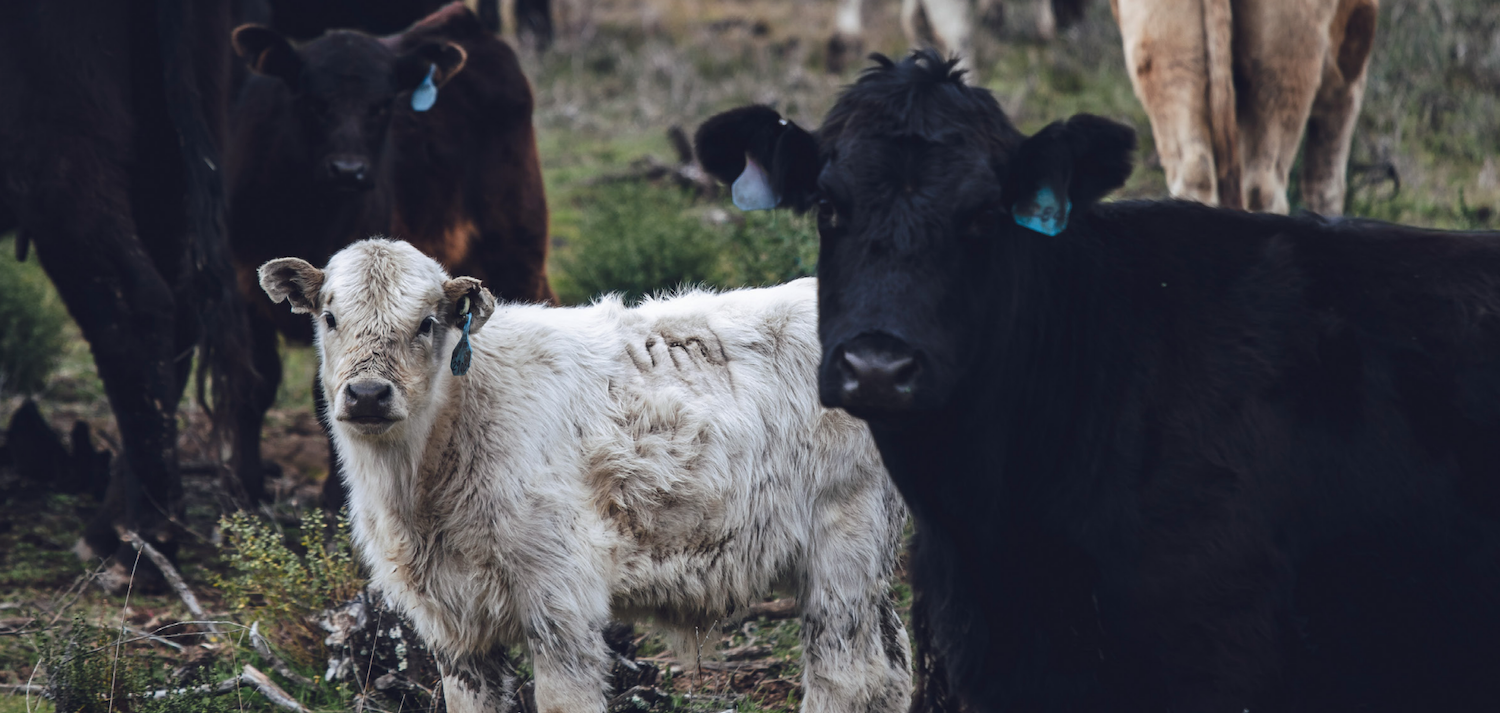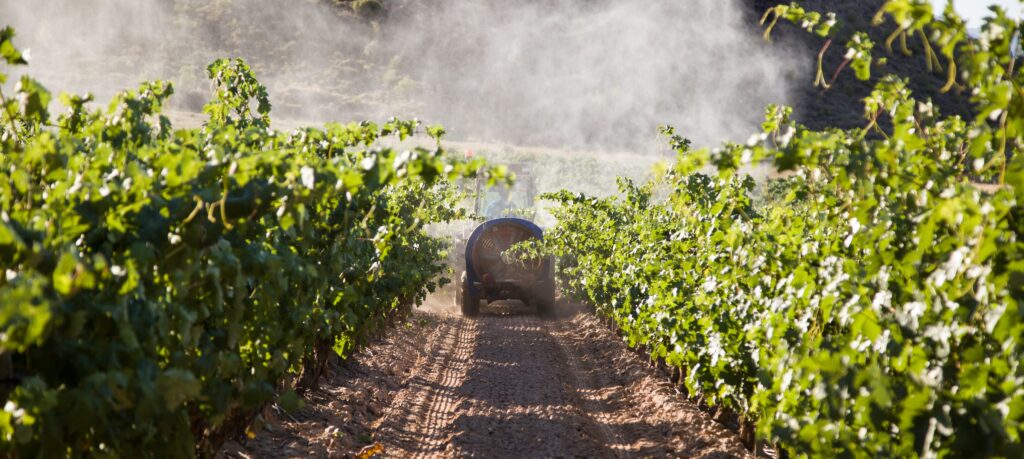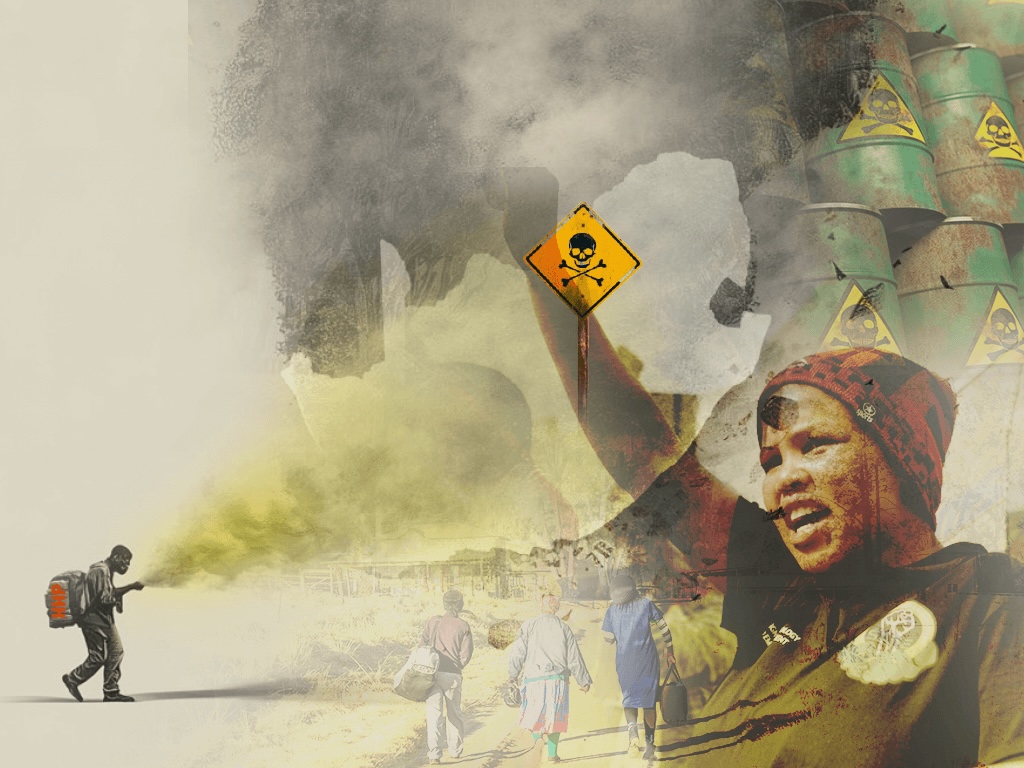Addressing animal welfare within a just, agroecological food systems transition
This discussion document, written by Linzi Lewis on behalf of Humane World for Animals, South Africa (SA), highlights the need for greater attention to be given to industrial animal agriculture. As one of the major drivers of current socio-ecological crises, it demands further consideration within agroecological food systems transitions, particularly about how animal welfare features within this discussion in South African policy.
There is overwhelming evidence pointing to the disastrous impacts of global industrial animal production systems, as well as associated input supply and value chains.
The role of agricultural and food systems in driving our intersecting environmental and health crises has led many experts to call for a just agroecological transition in agricultural and food systems. Nevertheless, SA continues to pursue export-oriented, industrial animal agriculture, driving further commodification and concentration of this sector, with poor nutritional, environmental, and socioeconomic outcomes.
Animal agriculture is SA’s largest agricultural sector, accounting for over 40% of the total value of agricultural output and occupying roughly 80% of available agricultural land. The animal agricultural sector comprises extensive, semi-intensive, and intensive production systems. Due to historic land-access inequalities, commercial animal agriculture dominates, with the bulk of production arising from integrated companies (most notably in broiler production) with capital- and resource-intensive operations. Animal agriculture also plays a central part in the livelihoods of around a million communal and smallholder farmers. The ecological, health, and welfare implications of varying animal rearing approaches differ significantly.
Small-scale animal producers using traditional methods of animal husbandry are mostly deemed unproductive in agricultural policy; yet, farmers in communal areas of SA are considered to account for 40% of the national cattle herd. Animal-keeping among smallholders and subsistence farmers is primarily for financial and social capital as well as for cultural purposes, and therefore, represents multiple functions beyond consumptive and commodity values.
Current South African policies, plans, and laws fail to adequately consider and incorporate animal well-being into their vision. Policies tend to regard animals merely as commodities to produce, trade, and consume, with little attention given to the conditions in which animals are kept, transported, and slaughtered. Where welfare is mentioned, this is primarily in the interest of production and disease prevention. Yet, intensive animal production creates persistent challenges in controlling animal disease. Confining large numbers of genetically uniform animals in unsanitary and stressful conditions provides an ideal breeding ground for both viral and bacterial diseases, allowing their incubation, transmission, and amplification.
The absolute promotion of industrial animal production also implies increasing industrial grain crop production to meet animal feed needs. Solely focusing on industrialisation of agricultural practices limits the discourse around just transitions to that of job creation and integrating smallholders into unequal, unsustainable, and unethical production and supply chains. These policy imperatives have remained unchanged over the past three decades of democracy and, to date, have been largely unsuccessful, with, as an example, food insecurity and hunger persistently on the rise. While SA is considered a food-secure country (in that it produces enough food to feed its population), current figures indicate that over 60% of South Africans are food-insecure, illustrating the current unjust nature of our food systems.
It is well established that industrial agricultural production, and industrial animal agriculture, in particular, is a major contributor to current global socio-ecological crises, with widespread and unaccounted-for social and environmental costs across production and supply chains. The animal agriculture sector is a leading driver of:
- Climate change
- Land degradation, habitat destruction and biodiversity loss
- Overfishing and coastal area sedimentation
- Wildlife conflicts
- Widespread and unmitigated soil and water pollution
- Zoonotic disease
- Antimicrobial resistance
- Nutrition and diet-related illness
- Facilitation of the spread of invasive alien species
To meet global climate and biodiversity targets, addressing the unsustainable and unjust nature of industrial animal production systems and their associated input supply and value chains is vital. This requires getting the full picture of the social and environmental costs associated with these systems, as part of local and global input supply and value chains. Reforms to agricultural policy, farmer support, and extension programmes are necessary, as these are currently oriented towards increased intensification, particularly of smaller-scale animal farming in communal areas, while also curbing the consumption of animal-derived products (ADPs) to stay within planetary boundaries.
Globally, there are calls to shift away from industrial agricultural and food systems towards those built on agroecological principles and territorial food networks, based on biodiversity and food sovereignty. Current discussions on agricultural and food systems transitions, where animal agriculture is discussed, are primarily in relation to their instrumental role in closing cycles and in creating more integrated or circular production systems. Yet animal agriculture touches on all of the High-Level Panel of Experts on Food Security and Nutrition’s 13 agroecological principles across both production and social equity aspects, with principle 4, “Ensure animal health and welfare”, specifically addressing this elephant in the room. As such, it is possible, and indeed necessary, to build on these intersections and explore how animal wellbeing and welfare can be firmly integrated across zones of production, processing, and consumption to effectively advocate for just transitions. Animal welfare and its linkage to justice and ethics within food systems transitions is a useful lens through which to articulate and probe into the future of food production and consumption.
Animal welfare needs to be integrated into agricultural and food policies and not just agroecological transitions, by building on traditional grazing protocols and regenerative rangeland practices, and developing locally relevant, cost-effective infrastructure. This requires a focus on small-scale integrated agricultural systems that adequately consider the health, welfare, and well-being of animals within biodiverse agroecological production systems.
Such a transition recognises the role of culturally appropriate meat consumption and the economic, social, nutritional, and cultural significance of traditional animal husbandry and pastoralist systems in African contexts and communities. Yet, it must be accompanied by policy responses to shifting dietary patterns and associated non-communicable diseases, linked in part to rising consumption of ADPs, with a focus on local markets, food safety, access and affordability, food environments, and dietary diversity. It must therefore be coupled with the necessary, adequate regulations to reduce the reliance on ADPs and ensure the accessibility and affordability of nutrient-dense foods and plant-rich diets.
Please click here to read the paper.
Photo caption: Ninjason1/Freepik



